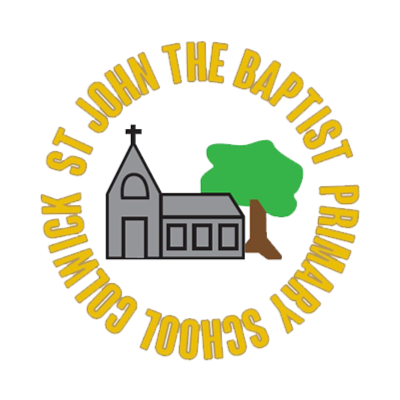Curriculum
During the Foundation Stage, children engage in activities and learning which are carefully planned by teachers in order to create an overall understanding of a child's development which, by the end of their Reception year in school, form the Early Years Foundation Stage Profile. Evidence is gained through day to day observations, photographs, conversations which take presidence over 'written' work. The following information in this Curriculum section comes from the Department of Education Stage Handbook (October 2023). The Early Learning Goals which children are assessed upon and judgements made can be found in each subject sub-heading.
The EYFS Profile is a statutory assessment of children’s development at the end of the academic year in which children turn 5, usually reception year. Each child’s level of development is assessed against 17 early learning goals (ELGs) across all 7 areas of learning in the EYFS. For each ELG, teachers must assess whether a child is meeting the level of development expected at the end of the EYFS, or if they are not yet reaching this level and should be assessed as ‘emerging’.
The Profile is intended to provide a reliable and accurate summative assessment of each child’s development at the end of the EYFS in order to support children’s successful transitions to year 1. Teachers are expected to use their professional judgement to make EYFS Profile assessments, using their knowledge and understanding of what a child knows, understands, and can do. Day-to-day informal checking of what children have learnt will inform teaching and learning on an ongoing basis throughout the final year of the EYFS. This will include identifying areas where children may be at risk of falling behind, so that teachers can provide effective support where needed.
